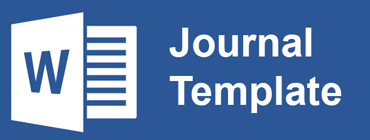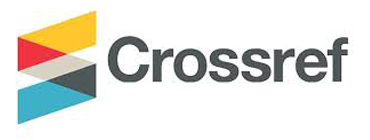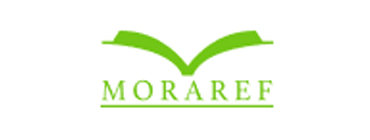This Publication Ethics Statement outlines the ethical standards for all participants involved in the publication process, including journal managers, editors, reviewers, and authors. Adherence to these ethical standards ensures the integrity, transparency, and quality of published works. This statement is based on key principles of Neutrality, Justice, and Honesty:
- Neutrality: Free from conflicts of interest in all stages of publication management.
- Justice: Ensures that authorship rights are fairly granted to contributors.
- Honesty: Prohibits duplication, fabrication, falsification, and plagiarism in all publications.
Authors are required to read this Scientific Publication Ethics Statement, download the Ethics Statement and Copyright Agreement, and sign and submit these documents. The Ethics Statement must be submitted with the initial article submission, while the Copyright Agreement is required before publication.
Responsibilities of Journal Managers
Journal managers are responsible for overseeing the publication process and ensuring that the journal operates ethically and efficiently. Their duties include:
- Determining the journal's name, scope, scale, and accreditation, if necessary.
- Managing the editorial board membership.
- Defining relationships among the publisher, editor, reviewers, and other stakeholders in formal agreements.
- Ensuring confidentiality of authors, reviewers, and contributors.
- Enforcing intellectual property rights and copyright norms.
- Regularly reviewing and updating journal policies and communicating them to all participants.
- Providing clear guidelines for editors and reviewers.
- Publishing the journal regularly and ensuring financial sustainability.
- Developing cooperative relationships and marketing strategies.
- Securing appropriate licensing and legal compliance.
Responsibilities of Editors
Editors act as intermediaries between authors and readers, ensuring the quality and integrity of publications. Their responsibilities include:
- Balancing the needs of readers and authors objectively.
- Ensuring rigorous quality assurance during the publication process.
- Promoting freedom of expression while maintaining objectivity.
- Reviewing the academic track record of authors.
- Issuing corrections, clarifications, retractions, or apologies when necessary.
- Ensuring adherence to the journal’s formatting and stylistic standards while holding authors accountable for content.
- Engaging with authors, reviewers, and readers to improve publication quality.
- Encouraging innovation and evaluating its impact on research.
- Guiding authors and reviewers on publication ethics.
- Considering diverse opinions and avoiding subjectivity in decision-making.
- Supporting authors in enhancing the quality of their work.
Responsibilities of Reviewers
Reviewers play a critical role in ensuring the quality and reliability of published research. Their duties include:
- Conducting fair, unbiased, and timely reviews of assigned manuscripts.
- Declining to review manuscripts where a conflict of interest exists.
- Maintaining confidentiality regarding manuscript content and review outcomes.
- Providing constructive feedback to authors to improve their manuscripts.
- Reassessing revised manuscripts in accordance with the journal’s standards.
- Evaluating manuscripts based on adherence to submission guidelines, research methods, and originality.
Responsibilities of Authors
Authors are responsible for the integrity and originality of their work. Their responsibilities include:
- Ensuring that all listed authors meet authorship criteria.
- Taking collective responsibility for the content, including methodology, analysis, and accuracy of data.
- Disclosing all sources of funding and other resources.
- Acknowledging limitations in their research.
- Responding to reviewer feedback professionally and promptly.
- Notifying the editor if a manuscript needs to be withdrawn.
- Providing a statement confirming the originality of their work, ensuring it has not been previously published or submitted elsewhere.
By adhering to this Publication Ethics Statement, all participants contribute to maintaining the highest standards of scientific integrity and advancing the global exchange of knowledge. This document reflects international best practices and aligns with ethical guidelines from renowned scholarly publishing organizations.









